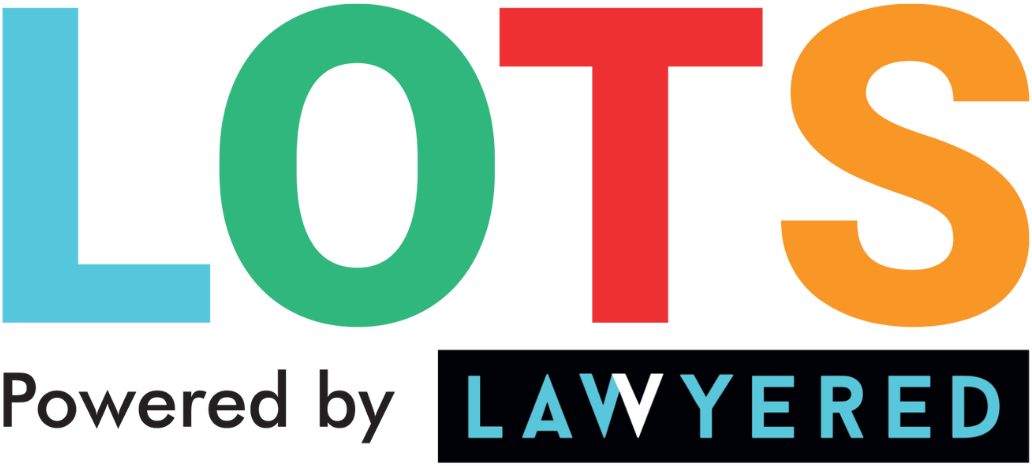Everything on Attachment of Property in Execution Proceedings

Attachment of property in execution proceedings is a process used to satisfy a judgment. It is a procedure by which a judgment creditor can enforce a judgment against a judgment debtor. In some states, attachment of property is referred to as “garnishment.” In other states, attachment of property is referred to as “execution.” Attachment of property can be used to seize the debtor's assets and to collect a debt that has been awarded to a judgment creditor. This article will provide an overview of the process of attaching property in execution proceedings.
The first step in the process of attaching property in execution proceedings is to obtain a writ of execution from the court. The writ of execution is an order from the court that authorizes the creditor to seize the debtor's assets. Once the writ is obtained, the creditor must serve the writ on the debtor, giving them notice of the seizure. The writ will specify the assets that are subject to seizure, including any real estate and personal property.
The next step in the process is to file the writ with the sheriff or the court clerk. The filing of the writ with the court serves to put the debtor on notice of the seizure and gives the creditor the authority to seize the debtor's assets.
The next step is for the creditor to serve the writ on the debtor. The creditor must serve the writ on the debtor either personally or by mail. This requires the creditor to prove to the court that the debtor was properly served with the writ of execution.
Once the writ is served, the creditor will then have the authority to seize the debtor's assets. The creditor may seize the debtor's real estate, personal property, wages, bank accounts, and other assets. The creditor must take care to ensure that the assets that are seized are not exempt from seizure under the laws of the state in which the seizure is taking place.
After the assets have been seized, the creditor must then have the assets appraised and must notify the debtor of the appraisal. The debtor is then given the opportunity to redeem the assets or to pay the judgment in full. If the debtor does not redeem the assets or pay the judgment in full, the debtor's assets can be sold at a public auction to satisfy the judgment.
Attachment of property in execution proceedings can be an effective tool for creditors to enforce a judgment against a judgment debtor. However, it is important to understand the process and to ensure that all procedures are properly followed. It is also important to remember that the laws of the state in which the seizure is taking place will dictate whether or not certain assets are exempt from seizure.
In summary, attachment of property in execution proceedings is a process used to satisfy a judgment and can be a powerful tool for creditors to enforce a judgment against a judgment debtor. The process starts with the creditor obtaining a writ of execution from the court and then serving the writ on the debtor. The creditor then has the authority to seize the debtor's assets and must take care to ensure that the assets that are seized are not exempt from seizure. Once the assets have been seized, the creditor must have the assets appraised and must notify the debtor of the appraisal. The debtor is then given the opportunity to redeem the assets or to pay the judgment in full. If the debtor does not redeem the assets or pay the judgment in full, the debtor's assets can be sold at a public auction to satisfy the judgment.




Sophie Asveld
February 14, 2019
Email is a crucial channel in any marketing mix, and never has this been truer than for today’s entrepreneur. Curious what to say.
Sophie Asveld
February 14, 2019
Email is a crucial channel in any marketing mix, and never has this been truer than for today’s entrepreneur. Curious what to say.